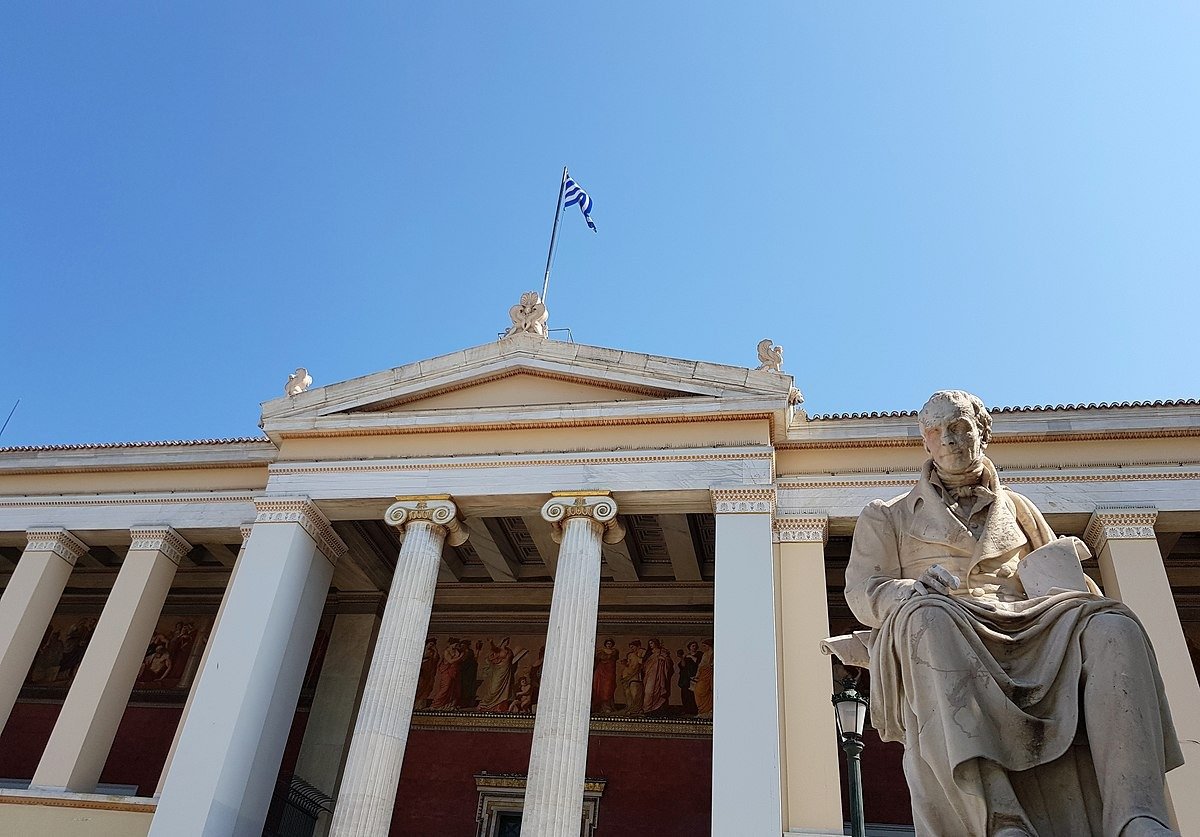
On Wednesday, the government of Greece unveiled a bill that will allow the operation of private universities in the country.
Education Minister Kyriakos Pierrakakis said private universities will have strict foundation criteria while students must have reached the minimum entry level in the national examinations or hold an International Baccalaureate.
The law, which was put to public consultation on Wednesday, also includes many provisions concerning public institutions of higher education, including increased funding and the promotion of a more international profile.
“This is a bill that represents a historic step forward for higher education and the country at large,” Pierrakakis said while presenting the law, which has been stirring up opposition from a section of students and academics for two months.
Pierrakakis stressed the government’s emphasis on the need to institutionalize non-state universities, citing the fact that over 40,000 Greek students study overseas. The majority of them (18,000) live in Cyprus, where higher education has grown dramatically in recent years with Greek students accounting for 40 percent of all students in the country.
Britain (9,500) and Bulgaria (4,200) are Greek students’ next most popular study destinations. At the same time, Greece has 33 private colleges that operate as branches of European universities, serving approximately 32,000 students.
“And despite this situation, Greece, with the current institutional framework, cannot set academic criteria for their operation,” Pierrakakis noted, estimating that non-state universities are expected to begin to operate from September 2025.
Criteria for establishing private universities in Greece
The minister said that the minimum cost for founding such a branch of a foreign university in Greece will be two million euros, with 500,000 euros allocated to each of the three departments it is required to have and another 500,000 for buildings.
An exception will be made for the top 20 universities in the world rankings, which will have the option of founding a branch with a single department.
He said that the criteria for establishing non-state universities will be the strictest in Europe and supervised by the National Authority for Higher Education, while the branches will be legal entities of university education linked to the parent university, which will be responsible for the curriculum.
They will not be permitted to employ faculty members who also teach in the state universities.
According to Pierrakakis, anyone with a school leaving certificate from another country that is equivalent to that of Greece, or an international baccalaureate can enroll in a non-state university without sitting exams.
Protests against the bill
Opponents of the bill say the proposed law would undermine state universities, which provide free tuition, and effectively limit tertiary education to the wealthy.
Leftist groups and students across Greece have staged a series of building occupations, preventing lectures and exams, and protests against the reform, some of which have turned violent.
The government has urged university authorities to seek police assistance in ending occupations and to hold online exams in departments that are currently controlled by protesters.
Related: Greece the Only Western Country Which Bans Private Universities
Source: http://greece.greekreporter.com/category/greek-news/tourism/